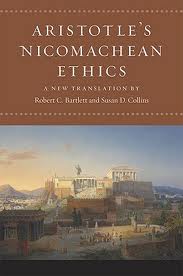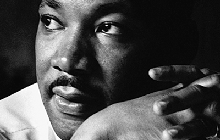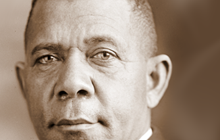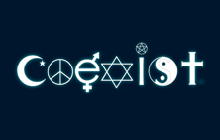The logical premises of this course can be summarized in the following sorite (which is an argument with multiple premises):
- Our current culture is struggling with defining and doing what is right.
- Our struggle comes from adopting a form of moral relativism that denies absolutes.
- A natural law exists that all men can use to define a sound ethical code.
- If we can know this law, we can obey it.
- Obeying natural law requires unnatural or disciplined character.
- Thus, we should all seek to develop the character necessary to obey natural law.
This line of argumentation pushes back against the all too common ideas of moral relativism, language deconstructionism (which is a relative view of truth applied to language use), and especially the ideals of political correctness which teach a tolerance that is tolerant of every idea except the idea that real truth exists. Studying and thinking about these truths will not make you popular, but they will provide you with a clear path to doing what is right.
Most of life can be boiled down to our ethical choices. “What should I do in this situation?” is one of the toughest questions we face in life. This short experience is just a taste of questions raised when we consider ethical truths. Moving forward demands the courage to make principled ethical decisions from the truth that you know to be true. The first step perhaps is convincing yourself that truth exists, can be known, and can be communicated. If you have that firm in your soul, then moving forward is a search for ethical truth. Great places to “imagine” ethical questions before they are actual in your life is both in history and literature. Reading great literature or biographies, or history that is engaging to you will allow you to then evaluate the choices that others have either made in the past or made in the fictional world of literature and in so doing build your own ethical toolbox with their examples, both positive and negative.
A close ethical consideration of political and social news can also be of help. Considering alternative actions to the ones taken can open for you and those you discuss it with a whole world of ethical possibilities and debate. Considering the great ethical texts of major religions can also exercise this moral imagination that you need to grow and feed in order to make good decisions in life.










